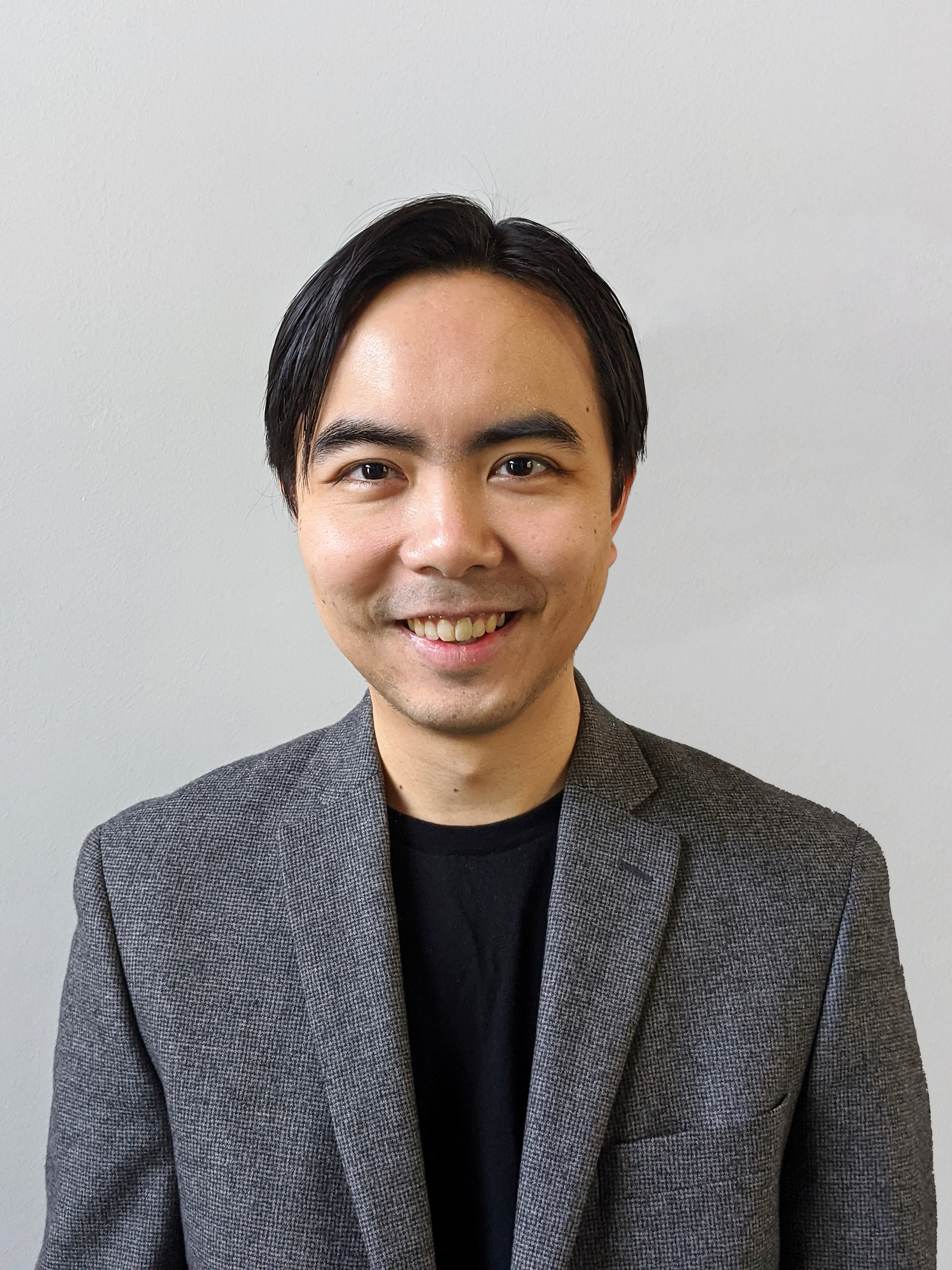Major award for ASU professor making computers smarter, more helpful

Meteor Studio PhD students Aashiq Shaikh, Lauren Gold and Alireza Bahremand experiment with virtual shared spaces in augmented reality and virtual reality from their homes in California, Texas and Arizona respectively.
The National Science Foundation grants the Faculty Early Career Development Program (CAREER) Award to early-career faculty members who have the potential to serve as academic role models in research and education and to lead advances in the mission of their department or organization.
Robert LiKamWa believes computers that can visually see their natural environment will be better equipped to connect with and help people in the real world.
LiKamWa, an assistant professor at Arizona State University, appointed in the School of Arts, Media and Engineering and the School of Electrical, Computer and Energy Engineering, leads the Meteor Studio, which designs software and hardware systems to raise the performance, efficiency, privacy and expressiveness of smartphones, tablets, IoT, VR/AR, drones and other mobile systems.
In a five-year, $500,000 National Science Foundation Faculty Early Career Development Program (CAREER) Award project, LiKamWa will continue work that grew out of his dissertation: studying the energy efficiency of visual computing systems.
“The visual quality of rendered imagery in emerging applications such as augmented reality and mixed-reality suffers because video sensing and processing is a slow and expensive process, from the perspective of computation and energy requirements,” said Pavan Turaga, interim director of the School of Arts, Media and Engineering and a colleague and collaborator of LiKamWa.
“Robert's CAREER award represents a national recognition of a wide body of work he has been developing in image and video sensing from mobile devices like cell phones and augmented reality headsets that address these problems," Turaga said. "The core idea he is developing is to sense only what is minimally needed, based on what is known about a scene. This approach will enable breakthrough advances in creating the next generation of augmented and mixed reality applications, from generating smooth performance to higher visual quality as well.”
Robert LiKamWa
LiKamWa has always been fascinated with technology and how it can be used to improve and augment the way we see and interpret the world. In his current work, he studies the way software and hardware work together so that our computer systems can interpret the visual world through their camera systems. That can be useful for face recognition, indoor and outdoor navigation (knowing where the device is) and data visualization purposes. It can help people who are visually or memory impaired identify and locate important objects in their homes.
“Virtual reality fully immerses the user in a virtual environment,” LiKamWa explained. “In augmented reality, we are seeing an overlay of the virtual inside our physical spaces. Both rely on visual computing systems in order to understand where the computer is. We need to be studying how to get past barriers of energy drain, privacy and usability of these AR and VR systems.”
LiKamWa wants to put these powerful technologies in everybody’s hands, “including those who may not be computer programmers themselves.”
He calls the NSF CAREER Award “a great honor that shows confidence in a researcher’s trajectory,” and looks forward to continuing his work with the students in the Meteor Studio.
“I joined ASU in part because the School of Arts, Media and Engineering provides the opportunity to engage in collaborative transdisciplinary research and education in computational media, prototyping/making, and study of technology in society,” LiKamWa said. “As a result, my ongoing interactions with AME faculty and students continue to augment my research agenda in more ways than I could have imagined.”
More Science and technology

ASU-led space telescope is ready to fly
The Star Planet Activity Research CubeSat, or SPARCS, a small space telescope that will monitor the flares and sunspot activity…

ASU at the heart of the state's revitalized microelectronics industry
A stronger local economy, more reliable technology, and a future where our computers and devices do the impossible: that’s the…

Breakthrough copper alloy achieves unprecedented high-temperature performance
A team of researchers from Arizona State University, the U.S. Army Research Laboratory, Lehigh University and Louisiana State…


